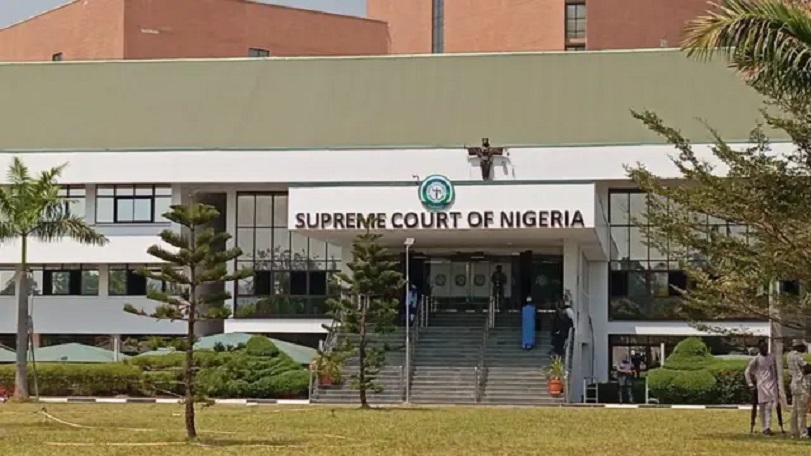NEWS
Why Local Government autonomy will not work in Nigeria

Much has been said and made of the Local Government autonomy and the many relief it is set to bring for local governments in terms of independence from State Governments, but any celebration the masses might want to exercise, should be put to a halt. This is Nigeria, after all. There are always downsides if it doesn’t favour the right people, and certainly, the Local Government said autonomy will in the long term not favour the ‘right people’
The recent Supreme Court decision to grant full autonomy to Nigeria’s local governments has ignited a flurry of reactions and concerns across the nation. While many see this as a long-overdue victory for grassroots democracy, there are substantial doubts about the feasibility and effectiveness of this autonomy, given the entrenched interests and political dynamics at play.
Read More:
Tinubu creates Ministry of Livestock Development
Atiku Lauds Supreme Court judgement on Local Governments autonomy
Supreme court grants full financial autonomy to local governments
A Landmark Judgment:
The Supreme Court’s ruling mandates that funds from the Federation Account be paid directly into the bank accounts of the 774 local governments, bypassing state governors who have historically manipulated these funds. This decision aims to curb the governors’ abuse of power and ensure that local governments can operate independently and democratically.

Support and Praise:
Prominent figures, including President Bola Tinubu and the National Union of Local Government Employees (NULGE), have lauded the judgment. They believe it will enhance accountability, improve service delivery at the grassroots level, and empower local communities to hold their leaders accountable.
A Counter Argument: Why Local Government Autonomy May Falter:
Independence or autonomy in Nigeria is all about perception not Fact
Despite the optimism surrounding the Supreme Court’s ruling, there are significant reasons to question whether local government autonomy will be effective in practice:
- Persistent Political Interference:
- Nigerian politics is deeply hierarchical and centralized, with state governors wielding substantial influence over local affairs. Even with the new legal framework, governors are likely to find ways to exert control over local governments, either through informal pressure or political maneuvering. The history of political interference suggests that autonomy might be more theoretical than practical.
- Weak Institutional Capacity:
- Many local governments lack the administrative and financial management capabilities to handle direct allocations effectively. Without significant capacity-building efforts, there is a risk that the funds could be mismanaged or embezzled, leading to little real improvement in local governance and services.
- Corruption and Accountability Challenges:
- Corruption is pervasive at all levels of Nigerian government. Ensuring that local government officials, who will now have direct access to substantial funds, remain accountable will be a formidable challenge. Anti-corruption measures and oversight mechanisms need to be robust and effectively implemented to prevent the siphoning off of public resources.
- Political Sabotage:
- The transition to full autonomy could face active resistance from those who benefit from the current system. Governors and other political actors may engage in sabotage, using their political clout to undermine elected local officials or obstruct the implementation of the Supreme Court’s directives.
While the Supreme Court’s ruling on local government autonomy is a significant step towards decentralizing power and promoting grassroots democracy, its success depends on overcoming entrenched political interests and systemic weaknesses.
Without strong institutional support, effective anti-corruption measures, and genuine political will at all levels of government, the promise of local government autonomy might remain unfulfilled.
The path to realizing the full benefits of this landmark judgment will require continuous vigilance and commitment to democratic principles from all stakeholders.























